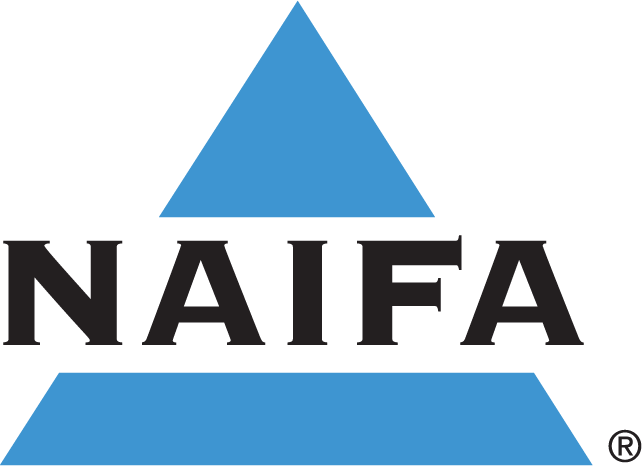NAIFA-MN opposes a bill that would create a state-wide paid and family medical leave insurance program in Minnesota, HF 1200, which is under consideration in the state House.
The bill is structured as a contributory social insurance program. Most employers and workers would contribute to a state fund based on wages. Under the plan:
- Employee contributions would amount to approximately $3 each per week for a wage of $50k/year.
- Employers with comparable benefits can provide their own programs.
- Self-employed can choose to join program.
- Eligibility is based on attachment to the workforce/earnings plus the need for leave
- Health care providers must certify need for leave and workers make claims to the state fund.
According to the Minnesota Chamber of Commerce, the bill would place a new payroll tax on every employer to create the state run insurance program and would collectively cost the Minnesota business community $2.2 billion over its first three years.
Other groups to speak out against the bill include the Minnesota Association of Health Underwriters (MAHU), the Minnesota Chamber of Commerce, the Minnesota Business Partnership and the Minnesota School Board Association.
Owner and founder of Disability Geek, Corey Anderson, testified on the bill on behalf of NAIFA and MAHU. Anderson has served on state and local NAIFA board for the past twenty years.
“The members of this committee need to ask themselves, what problem is this bill solving?” Anderson said. “I say that because as a specialist in the area, I can tell you that the private sector has products available with very broad coverage for just about every group and individual. The market is competitive, with many providers offering coverage for disability income, so the prices are very affordable. The solutions are out there. This bill puts state government in direct competition with the private sector.”







